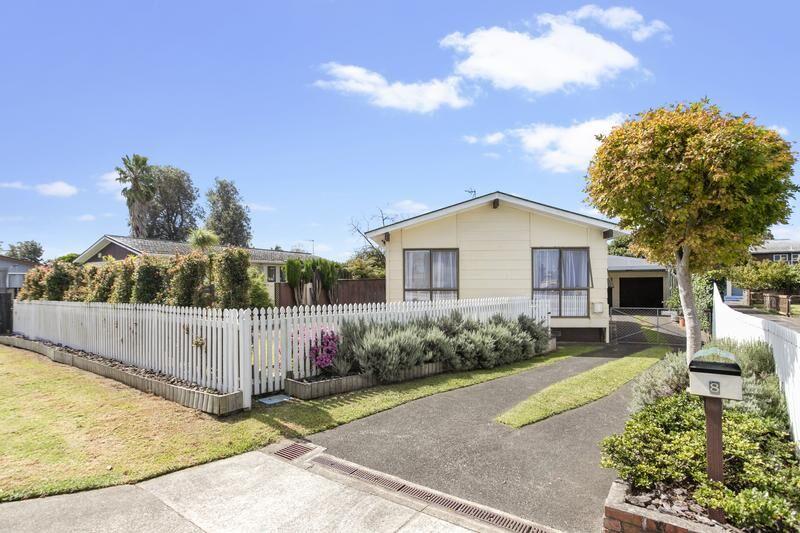Market update: supply grows, demand eases The tide is changing for the property market as the flame that has motivated selling activity in recent times is starting to diminish. The latest data from the Real Estate Institute of New Zealand (REINZ) shows a continuation of the slowdown in the property market, noting that prices have eased while inventory levels have increased. Annually, the median residential sales priced nearly eight percent since March 2021, from $825,000 to $890,000 in March 2022. However, the seasonally adjusted figures showed a decrease of 4.8 percent, indicating a weaker price increase than expected moving from February to March. “Over the past three months, we have seen a shift and the market is now settling into this phase of the cycle,” REINZ chief executive Jen Baird said. “The last two years have benefited from an exceptional COVID-19 boost. Following this period of significant activity and growth, prices are easing and the market is returning to a more settled pace.”
“While we continue to see prices increase annually —in all but one region — the rate of growth is slowing, sales activity is down and the median days to sell is up. We’re seeing the market moderate as people settle into this phase of the property cycle.”
rate by 50 basis points — to 1.5%. The double rate hike will do little to alleviate concerns and rather see the market slow further as buyers reassess their ability to meet higher mortgage repayments should the dial be turned up further, tempering their spending. “As the market shifts to a new pattern, we note volatility across regions. The data shows variation across regions and TAs within those regions. Last month, we saw strong prices in Otago, Southland and Canterbury, in March these regions are down — a reflection of what is happening across the country. “House prices tend to be more sticky when decreasing than increasing, which is what we are seeing now. While market sentiment has quickly shifted, vendors are slower to adjust their price expectations. As demand drops, vendors tend to choose to wait longer to sell their property rather than sell below those expectations. Those who must sell often have to drop their price to meet demand. That tends to be the general experience at this stage of the property market cycle where the market power is leaning towards buyers,” Baird said.
Tighter lending criteria, LVRs, increased interest rates and inflation have reduced the pool of buyers who are ready and willing to pay market prices, Baird said. “The increase in interest rates over the past months presents one of the greatest impacts to the market. Yesterday the Reserve Bank increased the official cash
ljhooker.co.nz






